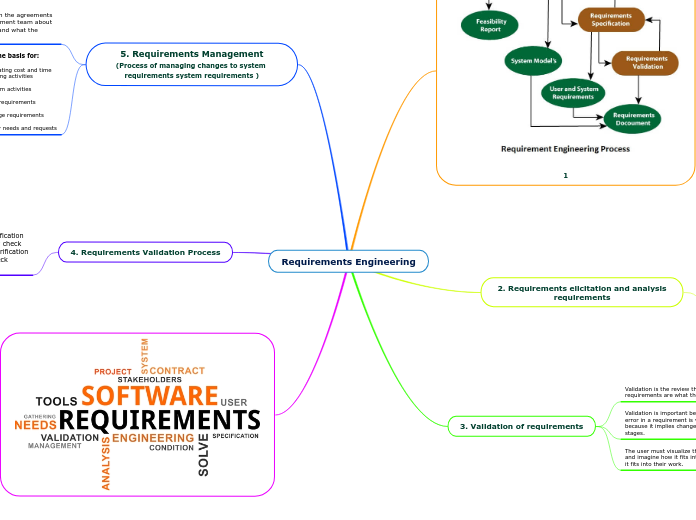Things to Consider
Before Launching A Startup
Naming Tips
love it
not too practical
make it personal
name should tell a story
no sound-alikess
OMC Rule
Phases of Scaling
Relationships to brands
brand identity
less risk for customer abandonment when a key salesperson departs
People to process
embed expertise into the company's processes and structure
CEO and leadership team spread their know how
"You're not going to grow until you let go."
uncomfortable for most
no dependency on a few key people
Ownership to partnership
identify leverages
important relationships
protected intellectual property
risks
your brand is not always in front of the customers
partners become competitors
form partnerships to control all steps of sales cycle
Projects to products
design products based on patterns in the delivery of services
Opportunistic to strategic
3M model
Materiality
Margin
What are the areas in which you have profitability?
Momentum
To what extent are your sales growing, how much traction are you getting, what is the market's response?
identify areas with the most demand, growth and profitability
targeted customer segments
narrow your market
Rules
Experiment
Take risks
Measure progress
set goals
achievement
Organic growth
support the part of business that makes money
new products/services take up all cash flow
long-term plan
Get help from mentors
mentors, advisors, consultants
avoid major mistakes
save money and time
Start small, scale afterwards
start hiring other people
prove the business model
Commitment
employees
partners
founder
Idea validation
business decisions
ideas, questions
real people
feedback
no assumptions
Essential entrepreneur habits
2014's Most Innovative Startups
Problems
Yours Problems & Solutions
non-existent e-mail branding
personal email branding
people are unaware of your expertise
LinkedIn profile that ranks in the top for your industry
collaborating with teams, clients and partners regardless of location, operating system or time zone
reliable solution for shared presentations, applications, document sharing and desktop sharing
poor web hosting that affects business' credibility
web hosting with unlimited bandwidth and data transfer
messy social media management content
tool that lets you schedule and publish content across multiple platforms.
Common reasons for startup failures
pricing/cost issues
competition
not the right team
running out of money
no market need
Financing
Strategic Investors
Equity financiers who get their name because they come from within the industry you are targeting and find what you’re selling to be “strategic” for their business objectives (such as somehow complementing or enabling the products or services they sell).
Venture Capitalists
Funding pros are serious players in the investing world who look to get their money and profits out as quickly as possible.
Equity Financing
Private or “institutional” investors in exchange for an equity ownership stake.
Angel investors
Private investors who have earned their name “angels” by typically being friendly and patient about their investments and by providing their business wisdom and valuable relationships along with their money. They often like to invest in groups, each taking a piece of the deal. Comfort zone: $25,000 to $1 million.
Friends & Family
Business has risks, and preserving your relationships with friends and family is at least as important as your business opportunities.
Comfort zone: generally less than $50,000.
Grants
There are also numerous state, regional and minority grant opportunities available.
Debt financing
Banks can provide you with a loan or line of credit that comes with a repayment schedule and an interest rate.









